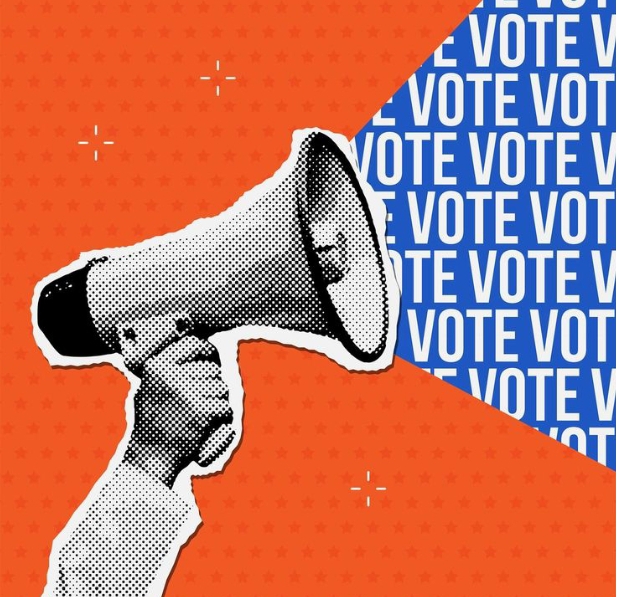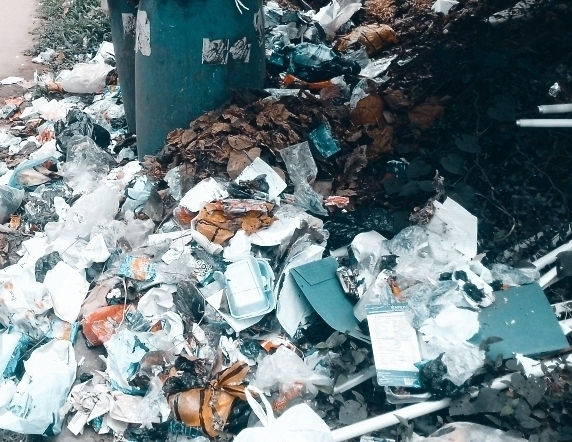Fueling the Burden: How the FG’s 5% Fuel Tax Could Hit Your Wallet

By: Risa Charis
“I knew this was coming. First it was data, now transport fares, and eventually food prices will increase,” laments Nifemi, a Nigerian University student.
For many Nigerians, the sting of new taxes has become a familiar reality. In recent years, we have grown accustomed to new slabs on bills for data, airtime, or satellite television. These are the tangible results of the government’s push to widen its revenue streams. Now, the federal government is set to extend its web to a yet more sensitive commodity: refined fossil fuel products.
This new charge is not an isolated move, but a recommended policy under the African Continental Free Trade Area (AFCFTA) agreement. While not yet implemented, its purpose is to fund the National Single Window Project—an initiative designed to streamline customs and trade processes, reduce bureaucracy, and theoretically makes it easier and cheaper for Nigeria to engage in intra-African trade. On paper, it is an investment in trade efficiency.
Still, not every Nigerian is aware of the implications. Patience, another Nigerian student, shrugs when asked about the policy. “Honestly, I don’t know much about this fuel increment. I just know transportation is already expensive, and if it goes any higher, I might have to resort to walking all the time.”
Her ignorance is telling, as it highlights a gap between government fiscal strategy and citizens’ awareness. For many citizens like Patience, the levy will simply appear as another inexplicable rise in the cost of living, with little understanding of the broader trade and revenue arguments.
However, this move cannot be viewed in a vacuum. It fits a clear and consistent pattern from an administration keen on widening the nation’s tax base. From the Finance Act of 2020 that increased Value Added Tax (VAT) to the much-debated 5% levy on all voice and data services, the strategy is unambiguous as it aims to boost non-oil revenue to fund government operations and infrastructure. This new fuel tax is simply the latest, and perhaps the most potent, instrument in this fiscal orchestra.
The immediate question on the mind of every citizen hangs on the impact of this policy. For the average citizen, the effect of a fuel tax is profoundly endless. Diesel is one of the prominent lifelines of the Nigerian industry, powering factories, banks, and telecommunications infrastructure. Petrol is also a primary driver of transportation. A price increase here escalates directly into the cost of every bus ride, every food item transported from the farm to the market, and the price of every manufactured good. Consequently, it is an inflated lever that will inevitably squeeze households already grappling with a historic cost-of-living crisis.
Mr Fatoki, a middle-aged staff member at the University of Ibadan explains the dilemma in personal terms. “Every month, I have had to budget the number of times I bring my car to work. To cut transport costs most times, I park at the University first gate and cover the remaining distance to work by foot, which is a bit far from where I work just because I am trying to manage the petrol. Although my salary is still the same, my expenses go up. How does one survive?” He asks.
Notably, the government’s economic argument is one of long-term necessity. Reliable revenue streams are critical for development. A successful National Single Window could combat port corruption and reduce the costs of doing business for importers, potentially lowering prices down the line. The dilemma lies in the timing and the chosen method: is it prudent to utilise a measure guaranteed to trigger widespread inflation in the short term to achieve a long-term gain that is not yet guaranteed?
Financial analysts and civil society groups are likely to voice strong concerns, emphasising the severe strain on disposable income and calling for robust mitigating measures for the most vulnerable. The conversation, therefore, must shift.
The real conversation, therefore, must shift from revenue collection to accountability. If Nigerians are being asked to shoulder higher taxes whether on airtime, data, or fuel. The pressing question is what the government will demonstrate in return. How will these sacrifices translate into better infrastructure, stable electricity, and improved public services?
In an economical view, the success rate of this policy should not be measured by how much revenue it generates, but by how much ease and wealth it delivers back to the very people from whom it is collected. Without that, this tax risks becoming yet another burden on already weary citizens.
image source: Businessday.ng








